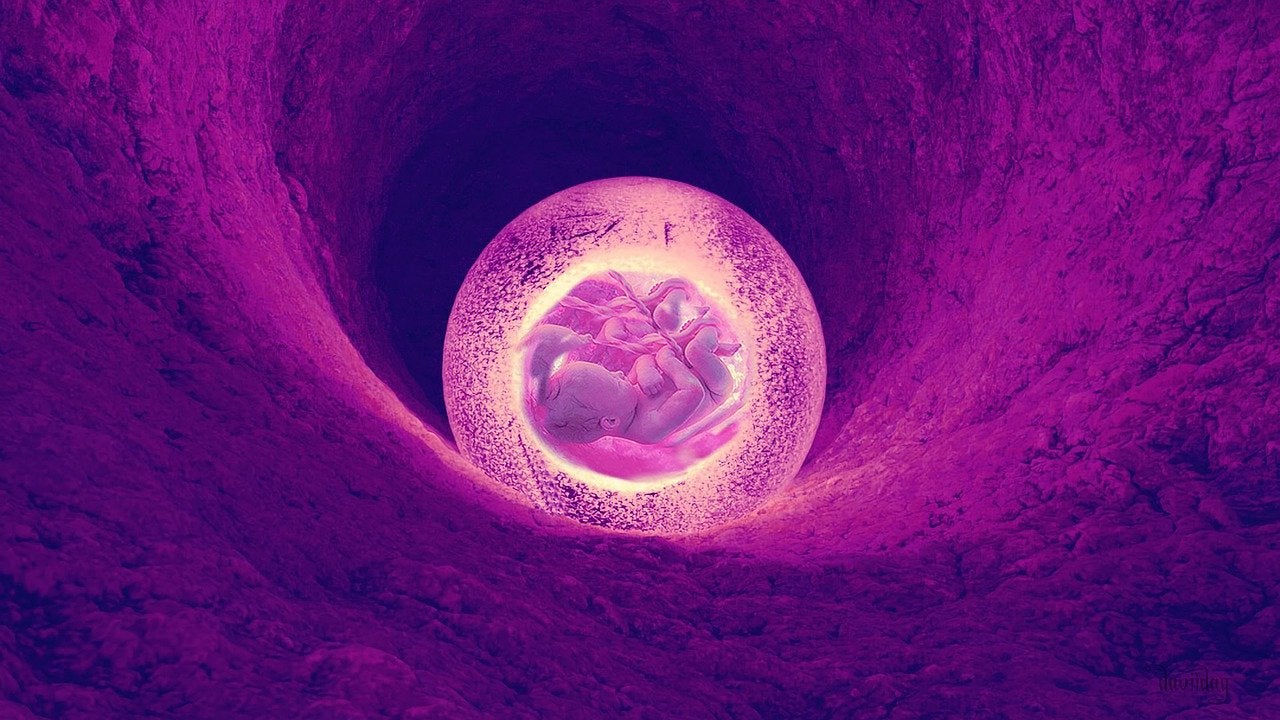
NHS England has unveiled a new test for infants in the womb to detect a rare form of eye cancer called retinoblastoma.
The researchers at Birmingham Women’s and Children’s NHS Foundation Trust developed the non-invasive prenatal diagnosis (NIPD) test to identify babies at risk of developing retinoblastoma.
According to NHSE, the test can identify changes in the genes in DNA and is capable to detect around 50 babies with retinoblastoma each year.
NIPD also implies that parents can find out if their babies are in danger early in the pregnancy.
In the test, before the baby is born, a blood sample is collected from the mother and screened and analysed for mutations to predict if the infant will have retinoblastoma or not.
NHSE said that the treatment for the affected eye can begin as soon as the infant is delivered, with physicians keeping a careful check on the other eye for any signals.
The test will be done on families with a verified instance of retinoblastoma in the family to see if the condition may develop in their siblings.
NHS chief executive Amanda Pritchard said: “The introduction of this pioneering new test is fantastic news for babies and their parents, and has the potential to save hundreds of lives over the coming years.
“Cancer is such a terrible illness and a baby being born with it can have a huge impact on parents and families during what should be an incredibly happy time, but backed by world-class innovation and services like the NHS Genomic Medicine Service, through the Long Term Plan the NHS is developing and delivering more cutting edge treatments like this one to help save lives and keep families together.”
Birmingham Women’s Hospital consultant clinical scientist Stephanie Allen said: “An early diagnosis will allow clinicians to manage, monitor and prepare treatments much earlier which can transform the prognosis for the baby.
“It will also give the family certainty and allow them to prepare for the birth knowing the support the clinical team will give them.”






